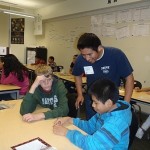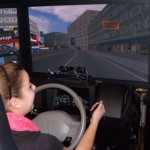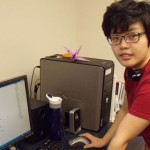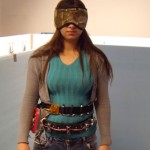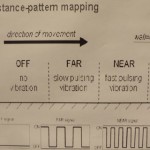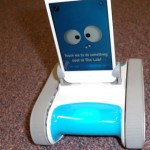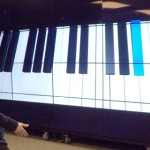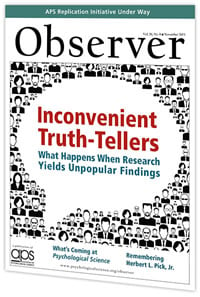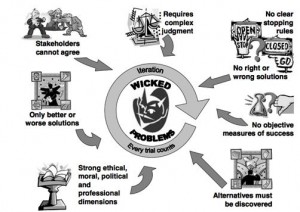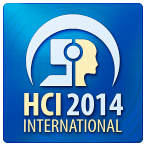 Associate Professor Christopher Plummer (VPA) has had two works accepted for publication. One of them is co-authored by Assistant Professor Myounghoon Jeon (CLS). Plummer’s book review of Phillip Giddings’ text titled “Audio Systems Design and Installation” will be published in the January issue of the journal Theatre Design & Technology. A collaborative paper with Jeon and Jason Sterkenburg titled “Auditory Emoticons: Iterative Design and Acoustic Characteristics of Emotional Auditory Icons and Earcons” has been accepted for presentation at HCI (Human-Computer Interaction) International 2014 and for publication in the conference proceedings.
Associate Professor Christopher Plummer (VPA) has had two works accepted for publication. One of them is co-authored by Assistant Professor Myounghoon Jeon (CLS). Plummer’s book review of Phillip Giddings’ text titled “Audio Systems Design and Installation” will be published in the January issue of the journal Theatre Design & Technology. A collaborative paper with Jeon and Jason Sterkenburg titled “Auditory Emoticons: Iterative Design and Acoustic Characteristics of Emotional Auditory Icons and Earcons” has been accepted for presentation at HCI (Human-Computer Interaction) International 2014 and for publication in the conference proceedings.
From Tech Today.


